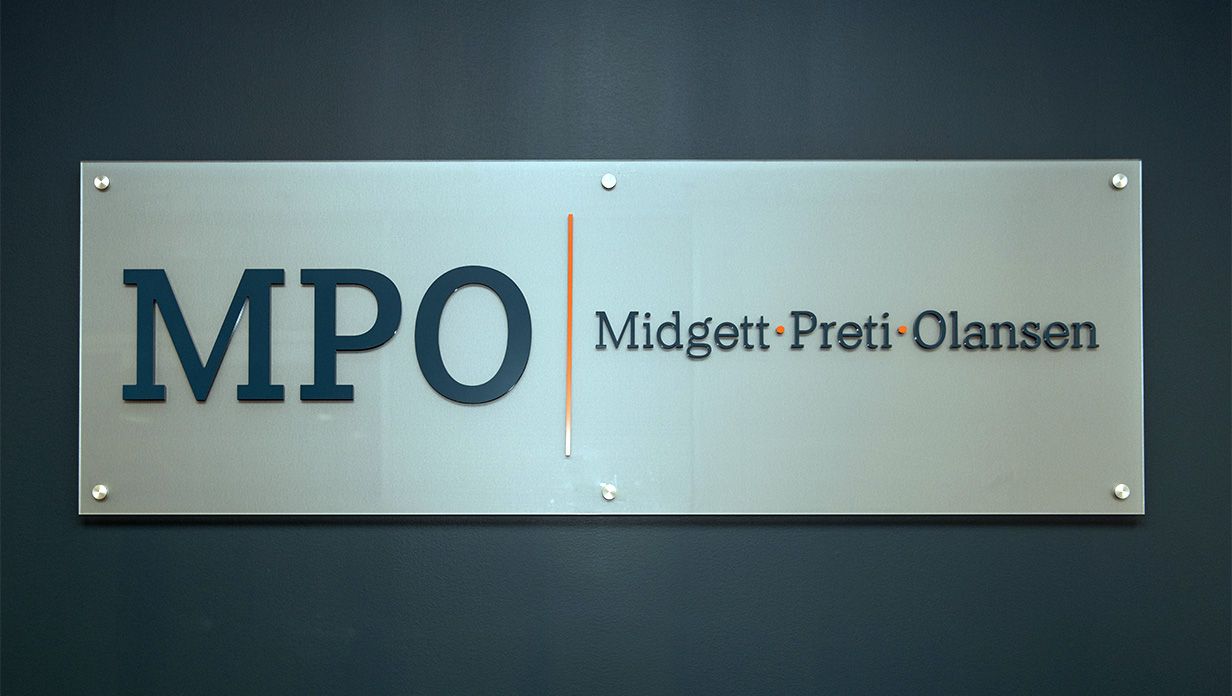
From 1987 through 2003, the federal estate tax exemption amount was between $600,000 and $1,000,000. This prompted many people to create Irrevocable Trusts to hold life insurance, or other Irrevocable Trusts to hold appreciating assets. The purpose was to remove life insurance proceeds or to remove the appreciation of an asset (think Amazon or Alphabet stock) from one’s taxable estate.
However, the advent of “portability” – the ability to allow a surviving spouse to utilize your federal estate tax exemption and the increase of the personal exemption to $10,000,000 (adjusted for inflation) gives reason to look at these Irrevocable Trusts and re-examine the reasons to maintain them.
The “cost” of maintaining an Irrevocable Trust is the annual Trustee’s fees and the fiduciary income tax returns. These annual costs can be quite substantial. Additionally, the creator of the trust (the Grantor) typically makes a gift transfer to the trust in order to cover any premium for life insurance owned by the trust. If there is no taxable estate (and for married couples in 2018, one would have to have an estate over $22,360,000 to be taxable) it becomes less attractive to maintain these trusts and incur the annual costs.
Fortunately, the Virginia Uniform Trust Code gives us several ways to revoke, amend or fix these Irrevocable Trusts. The techniques range from agreements between the beneficiaries, Trustee and Grantors (Non-Judicial Settlement Agreements, court approved modifications or terminations, or even “decanting” the Trust to a new trust with different terms or provisions.
For people who have created Irrevocable Trusts in the past 20 years, it makes sense to review the need for these trusts with your estate planning attorney. There may be ways to recapture a portion of the money invested or simply end the need to pay further into the Trust. There is no “one size fits all” solution, so professional advice is a must.

Written By John T. Midgett
John T. Midgett is a Shareholder in the Law Firm of Midgett Preti Olansen. His practice is concentrated in the related areas of estate planning, administration and taxation, estate and trust litigation, and family business planning.
Latest Resource Articles
-

What is the Difference Between Trustee, Executor, and Pow…
Written by Nathan R. Olansen on January 10, 2024.Key Takeaways: The overarching goal of any trustee, executor, or power of attorney is to wo…Read more -

Reasons Why You Should Hire a Professional Executor
Written by Nathan R. Olansen on December 21, 2023.Key takeaways: A fiduciary is a person or entity appointed to handle financial and legal ma…Read more -

Why Set Up a Trust for Your Grandchildren?
Written by Alison R. Zizzo on December 11, 2023.Creating a trust for a grandchild requires not only an understanding of one’s financial goal…Read more -

Understanding The Benefits of a Bloodline Trust
Written by Alison R. Zizzo on November 10, 2023.Key Takeaways A bloodline trust is an estate planning tool designed to protect assets for d…Read more -

Are Powers of Attorney Responsible for Medical Bills?
Written by Nathan R. Olansen on September 22, 2023.According to a Genworth’s 2021 Cost of Care Survey, the reported average cost of assisted li…Read more -

Top Reasons for Disputing a Trust in Virginia
Written by Nathan R. Olansen on September 1, 2023.A trust is a valuable tool for saving your loved ones from the probate process and reducing …Read more -

Are You Responsible for Your Deceased Spouse’s Medical Bi…
Written by Ann H. Larkin on August 29, 2023.After the death of a spouse, the surviving spouse will inevitably receive bills from hospita…Read more -

Know the Signs of an Employee Retention Credit Scam
Written by Nathan R. Olansen on August 2, 2023.If it sounds too good to be true, it probably is. The IRS has sounded the alarm repeatedly r…Read more -

Can a Trustee Sue a Beneficiary?
Written by Nathan R. Olansen on August 1, 2023.When you are named the trustee of a trust, it comes with responsibilities you need to be pre…Read more
"*" indicates required fields

© 2024 Midgett Preti Olansen





